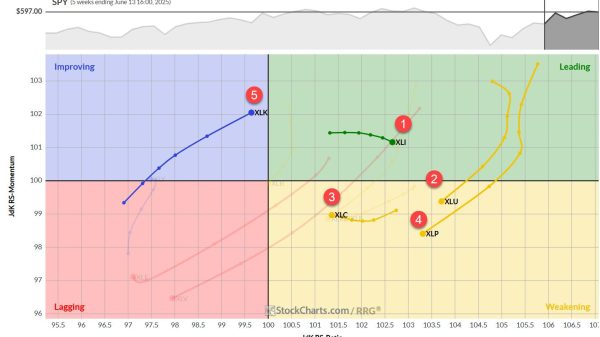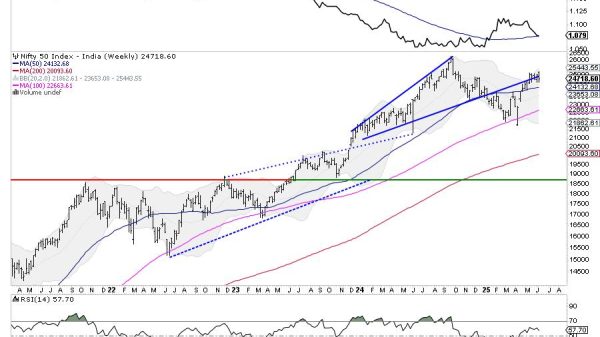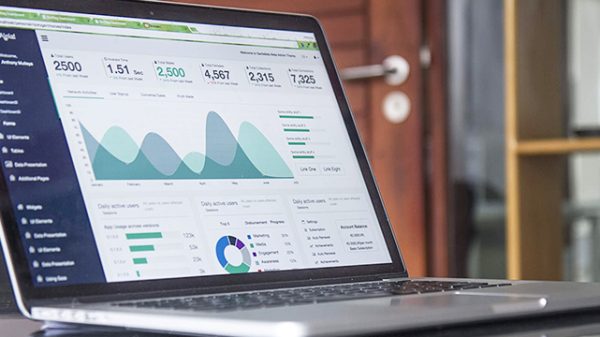Stock and trade: knowing about trading stocks
If you’re an aspiring investor, new to the financial investment world, there can be a lot to get your head around. The most basic activity you have to participate in would be trading in stock. In this article, we would like to discuss stocks and trading, and how you can buy and trade stock.
We should first cover what stocks are. Stocks are small securities that, in short, represent ownership in a company. Companies have multiple stocks, and each is just a fraction of this ownership. Their prices fluctuate and this fluctuation indicates how investors analyse the performance of the underlying company. The higher the price, the better the performance. Stock traders try to profit off the price changes in these stocks, and try to predict how these prices will shift.
Opening an account for trading stocks
Now we shall move on to trading stocks. For a beginner, the best thing to do would be to reach out to a stockbroker. If you do not have the right connections, you cannot trade stocks so simply. Stockbrokers can give you access to markets and other traders that you can trade stocks with easily. You will have to open an account on their platform and start from there. They will give you access to trading tools, charts, etc. Every platform has its own peculiarities which you will have to get comfortable with.
If you feel uncertain about the risk of trading or do not know where to start, there is no need to worry. Plenty of platforms offer traders options to practice trading. They may offer a virtual stock market, where you can test out and hone your trading skills. With such a tool, you can be sure that you will not lose any liquidity and learn much for future trading endeavours.
Whether you do decide to use virtual trading or not, you will need to do research on the market independently. You can use many resources to learn including books, guides, online financial websites, articles, etc. There is a treasure trove of information for you to discover for trading, as many individuals are interested in the subject. Try to study deeply on what makes the market tick, even those factors that may seem irrelevant or not very exciting to you. You never know what concepts may be useful when it comes to actual practice. Even if you have a particular field you want to hyperfocus on, ideas you never thought you would need may become relevant.
Depending on what services a brokerage account offers or how much you are willing to pay them, you should be able to get financial advice from them. This could be essential in helping you navigate the stock market from the get-go. Before starting for real, we recommend that you keep following the market while you can. In the morning, after work, whenever is convenient for you. Follow the opening and closing prices of a stock, and how the price might shift over the course of a day.
Now we will have to discuss how to properly plan stock trading.
How to properly plan and execute a stock trade
When trading in stocks, you will want to focus on your trading strategy for how to make your investments. There are two main forms of analysis that exist, which you will have to consider when deciding how you will carry out your trading. These are fundamental analysis and technical analysis.
Technical analysis focuses on using stock charts and establishing patterns on how a certain stock’s price will move. Stock prices often move in certain established patterns, and therefore future movements can be easy to predict. You can use technical analysis to predict price movements in a wide range of time frames, from mere minutes to even months. However, it tends to be most accurate in the very short term.
Fundamental analysis focuses on more tangible factors of the business a certain stock represents. Investors using fundamental analysis will look at several different components. They will look at a company’s business model and consider how well they believe it will do on the market. They will look at indicators like the market value and book value of a company and consider how these affect its potential performance. Investors will also consider the current and future profit projections of a company.
Those analysing markets will also look at macroeconomic factors that could affect a business for reasons out of their control. They would do this by looking at the performance of the economy, and how it is likely to change in the future. Political factors like war and trade tariffs are also important to keep track of. Fundamental analysis can also work over several time frames, from days to weeks, months, even years. However, it tends to work best in the medium to long term.
Comparing the two types of analysis
Which one of these you would prefer to focus on depends on your skills. Technical analysis means committing many chart patterns to memory, but is more straightforward. Fundamental analysis is a bit harder to grasp, there are no set methods, and learning it means a lot of practice in trading stocks. Technical analysis is also better for making many smaller profits, while fundamental is better for long-term large profits. In an ideal world, a trader will be able to balance both trading styles and use them in tandem for a view of the bigger picture. If you are just starting, we would recommend learning both but eventually focusing on what you feel more comfortable with. It takes a while to learn how to make a good trade. Otherwise, a budding trader may take too much on at once and never master any specific method.
The time scale you trade on also changes your trading strategy. Those trading on the basis of seconds and minutes are scalpers. This involves taking advantage of any small price change, where the sheer quantity of small profits adds up. Those focusing on several trades over the hours of the day would be day traders. If you focus on periods of days to weeks you would be a swing trader. Swing trading involves looking for appreciable, but possibly temporary, changes over such periods.
Managing trade risk
There are several ways in which you will have to manage your risk while trading. It’s always worth being careful when trading on the stock market. Losses can be devastating depending on how much you invest. You should always keep an eye on having an exit strategy for a particular stock investment. You can set certain price points at which a trading platform will automatically set up a trade of your stocks. If you want to limit the losses on a stock, a stop-loss order will cover you. If you believe your profits on a stock have been sufficient and don’t want to risk losing your gains, a take-profit order will ensure you get your profits.
Make sure that you diversify your portfolio. Instead of trading one stock over and over, it is best to have investments in multiple stocks. If you invest large investments in very few stocks, you could easily lose a great number of funds. If you have diversified, we would also advise that you keep a close eye on all of your trades. By this, we mean having a file or a journal that will easily remind you of what you have invested in. This also means keeping notes on the details and risks of each trade. Otherwise, you could easily lose track of where you have invested and suddenly incur losses you could have avoided.
Hopefully, this article has given you some idea of what stocks and trading them means.
The post Stock and trade: knowing about trading stocks appeared first on FinanceBrokerage.
























